Imagine a world where an app knows your deepest desires, predicts your every move, and feeds you an endless stream of addictive content. It sounds like something out of a sci-fi thriller, right? Well, welcome to the reality of TikTok's algorithm. Behind captivating videos and viral trends lies a powerful force that knows what makes you tick. Let's dive into the secrets of TikTok's algorithm and how it has become a double-edged sword, both captivating and concerning.
As you embark on this journey with us, prepare to question the very fabric of your digital existence. Join us as we unravel the mysteries of TikTok's algorithm, shining a light on its inner workings and illuminating the potential risks that lie in wait. The time has come to lift the veil and confront the mesmerizing yet unsettling powers that shape our digital lives.
TikTok's Algorithm

At the heart of TikTok's success lies its powerful algorithm, a digital puppeteer that pulls the strings behind the scenes. This algorithm, carefully crafted by the engineering team in Beijing, is driven by four main goals: user value, long-term user value, creator value, and platform value. These goals serve as guiding principles in shaping the user experience and content discovery on the platform.
To shed light on its algorithmic workings, TikTok produced a document titled "TikTok Algo 101." This document provides valuable insights into how the algorithm operates and offers intriguing glimpses into the intricacies of human behavior. It unveils the app's ties to its Chinese parent company, ByteDance, stirring concerns about potential security risks and data privacy.
TikTok's algorithm is a central pillar that enables the platform to captivate its global audience, particularly the youth and avid consumers of online culture. It accomplishes this by offering an enticing stream of entertaining videos that seem tailor-made for each user. This personalized content curation is a result of the algorithm's astute understanding of user preferences, making TikTok a central vehicle for self-expression, creativity, and endless discovery.
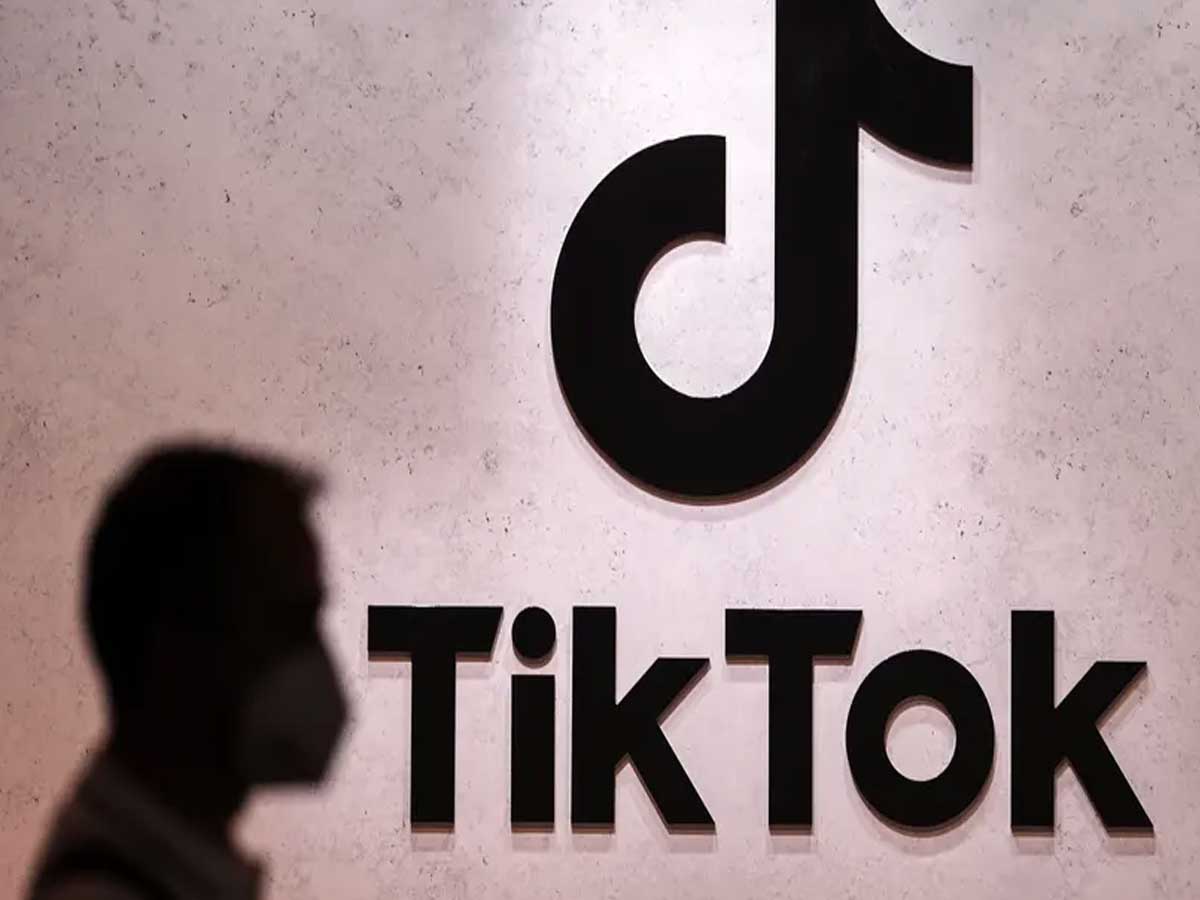
However, concerns have been raised regarding the darker side of TikTok's algorithmic prowess. There are worries about the proliferation of dangerous content and the addictive nature of the app, with users finding it increasingly challenging to tear themselves away from the captivating videos. Critics argue that the algorithm's ability to activate reward centers in the brain poses potential risks, particularly for those who struggle with self-control.
One of the most significant revelations from the "TikTok Algo 101" document is how videos are scored and recommended to users. Factors such as likes, comments, captions, sounds, and hashtags play a vital role in determining the relevance and appeal of each video. The algorithm considers metrics like playtime and indications of video plays to assess user engagement and refine its recommendations further.
TikTok's engineering team is constantly striving to improve the recommendation system. Their focus is on suppressing "like bait" videos that artificially boost engagement and addressing concerns related to repetitiveness and boredom in the content presented to users. By doing so, TikTok aims to enhance user satisfaction, foster creator monetization, and retain its vast community of daily active users.
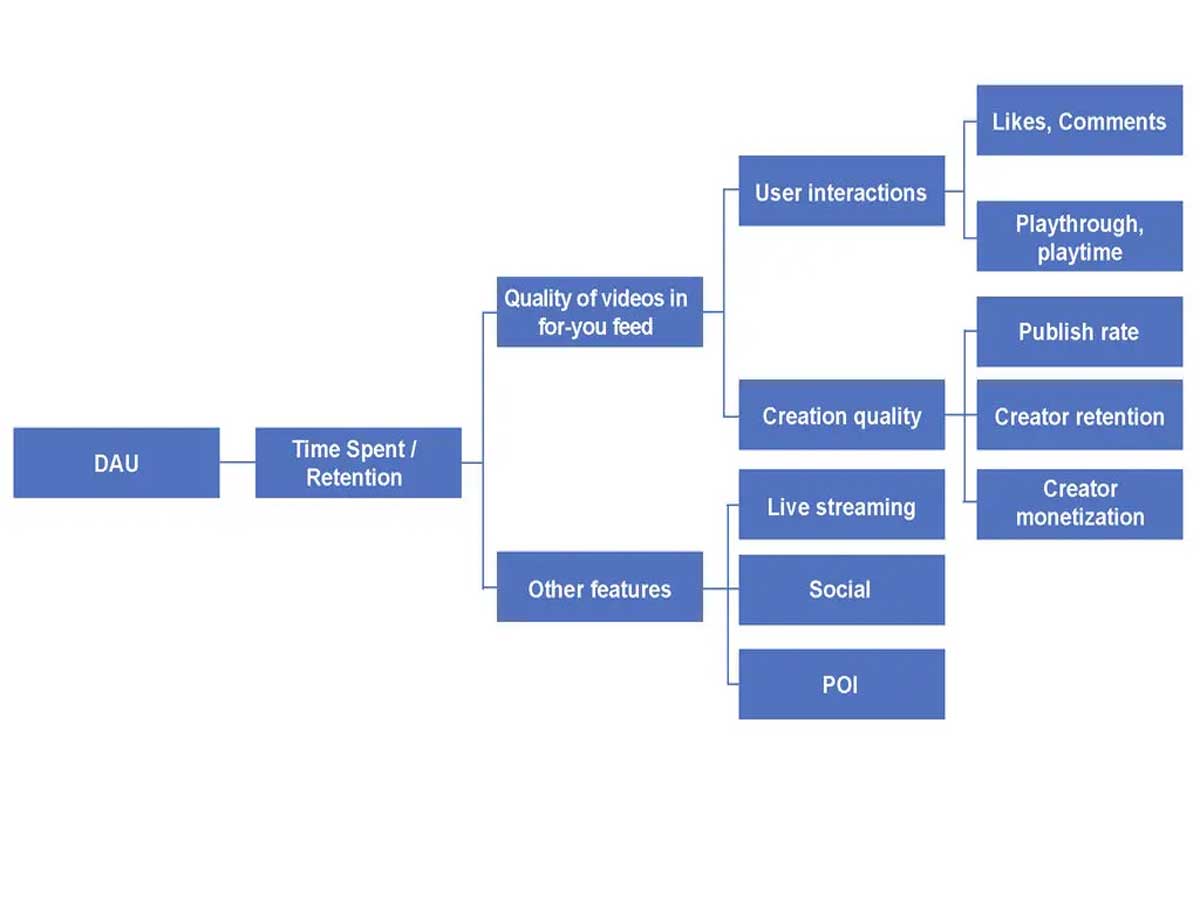
While experts generally view TikTok's recommendation system as reasonable, it falls short of being exceptional. The algorithm's success lies in its ability to accurately predict user interests, but it lacks transparency in terms of the weighting and precise impact of each factor. This opacity has fueled concerns about data collection, censorship, and the potential influence of the Chinese government on the platform.
TikTok vehemently denies allegations of providing user data to the Chinese government and emphasizes its commitment to storing user data in the United States. However, the debate surrounding TikTok's impact on national security and privacy extends beyond the company itself. Similar concerns exist for other social media platforms that collect vast amounts of user data.
The Power of TikTok's Recommendation System

One of the driving forces behind TikTok's immense popularity is its powerful recommendation system. It's the invisible hand that guides users through a seemingly endless stream of captivating videos tailored specifically to their interests. This personalized content curation sets TikTok apart from other social media platforms and keeps users hooked.
The algorithm behind TikTok's recommendation system takes into account a variety of factors to determine what videos to present to each user. It goes beyond just likes and comments. The algorithm analyzes the captions, sounds, and hashtags associated with videos, as well as the user's previous interactions and preferences. By carefully weighing these elements, TikTok's algorithm aims to deliver content that aligns with the user's tastes and keeps them engaged.
However, the algorithm's responsibility extends beyond simply providing entertaining content. TikTok acknowledges the concerns raised regarding dangerous and inappropriate material on the platform. To address these issues, the recommendation system goes through a rigorous evaluation process. Videos are scored based on factors such as playtime, indications of video plays, and user engagement signals. This scoring helps filter out potentially harmful or low-quality content, ensuring a safer and more enjoyable viewing experience.
Another concern that has emerged alongside TikTok's rapid rise is its addictive nature. Users find themselves easily drawn into an endless loop of scrolling and consuming videos, sometimes struggling to tear themselves away from the app. TikTok recognizes this issue and has taken steps to address excessive use. For instance, they provide reminders to take breaks and have implemented features like disabling push notifications for certain age groups during specific hours.
By striking a balance between personalization and safety, TikTok's recommendation system strives to create a positive and engaging environment for its users. It continuously learns from user interactions, exploring hashtags, following accounts, and even the "Not Interested" feedback to refine its understanding of individual preferences. This constant refinement ensures that the recommendations stay relevant and diverse, preventing users from falling into a "filter bubble" and encouraging them to explore new content and perspectives.
The power of TikTok's recommendation system lies not only in its ability to predict user interests but also in its impact on the platform's overall success. It plays a crucial role in retaining daily active users and fostering creator monetization. TikTok's algorithm ensures that content creators have the opportunity to reach a wide audience, even if they are relatively new or have a smaller following. Every video has the chance to be served to at least one person on the "For You" feed, opening doors to potential viral fame and global recognition.
Evaluation and Controversies

Since its explosive rise to popularity, TikTok's algorithm has been a subject of both interest and scrutiny. Experts have delved into its mechanics, offering insights and opinions on its effectiveness and implications. While the recommendation system has generally been deemed reasonable, some argue that it falls short of being exceptional.
Security concerns have become a central point of contention when discussing TikTok's algorithm. Questions arise regarding the extent of data collection and its potential implications. Critics worry about the possibility of user data being accessed or shared with the Chinese government, raising concerns about censorship and even the spread of propaganda. In response, TikTok vehemently denies providing user data to the Chinese government, emphasizing that user data is stored in the United States.
The debate over TikTok's impact on national security and privacy extends beyond the company itself. While many other platforms collect similar data, TikTok's Chinese origins have put it under a particularly intense spotlight. This discussion raises broader questions about the risks associated with the collection and utilization of personal data by any platform, regardless of its country of origin.
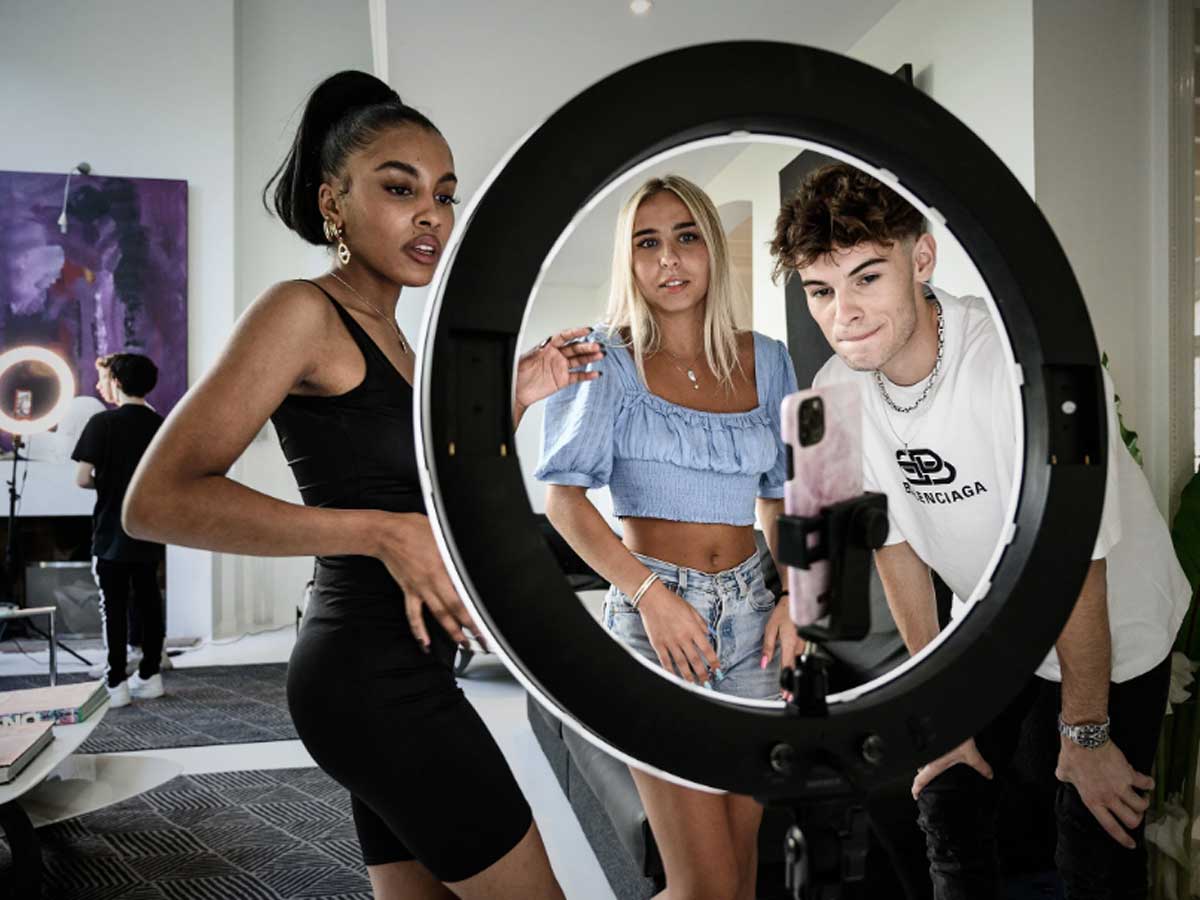
However, beyond these controversies, the mission of TikTok remains focused on inspiring creativity and bringing joy to its users. Undeniably, the algorithm plays a crucial role in achieving this mission by building a global community for creating, sharing, and connecting with others. It is through the algorithm that personalized videos are recommended, activating the brain's reward centers and providing instant gratification.
Nonetheless, some individuals find it challenging to control their TikTok usage, struggling to determine when to stop watching the addictive videos. To cater to user preferences, TikTok's algorithm figures out user interests based on viewing time and serves similar content. However, TikTok recognizes the need to diversify the videos recommended by its algorithm and is actively developing ways to achieve this goal.

To address concerns of excessive app usage among younger users, TikTok, along with YouTube, has implemented measures to curb and monitor screen time. This is in response to the increasing trends in media consumption and rates of attention deficit/hyperactivity disorder (ADHD) in young people. Kids, whose prefrontal cortex is still undergoing development, often struggle with sustained attention and impulse control, making it harder for them to engage in activities without instant gratification.
The ever-changing environment of TikTok also contributes to the challenge of sustained attention. Unlike traditional activities, TikTok's quick-paced and dynamic nature doesn't require users to sustain attention for extended periods. This can affect their ability to adapt to non-digital activities that demand sustained focus.
In a recent update, TikTok expanded its video length limit to 10 minutes, allowing for longer content on the platform. However, the short-form nature of TikTok, combined with the release of dopamine triggered by its rewarding content, contributes to attention and craving reinforcement. This raises concerns about the brain's ability to process less-rapid and less-rewarding stimuli, potentially impacting cognitive development.
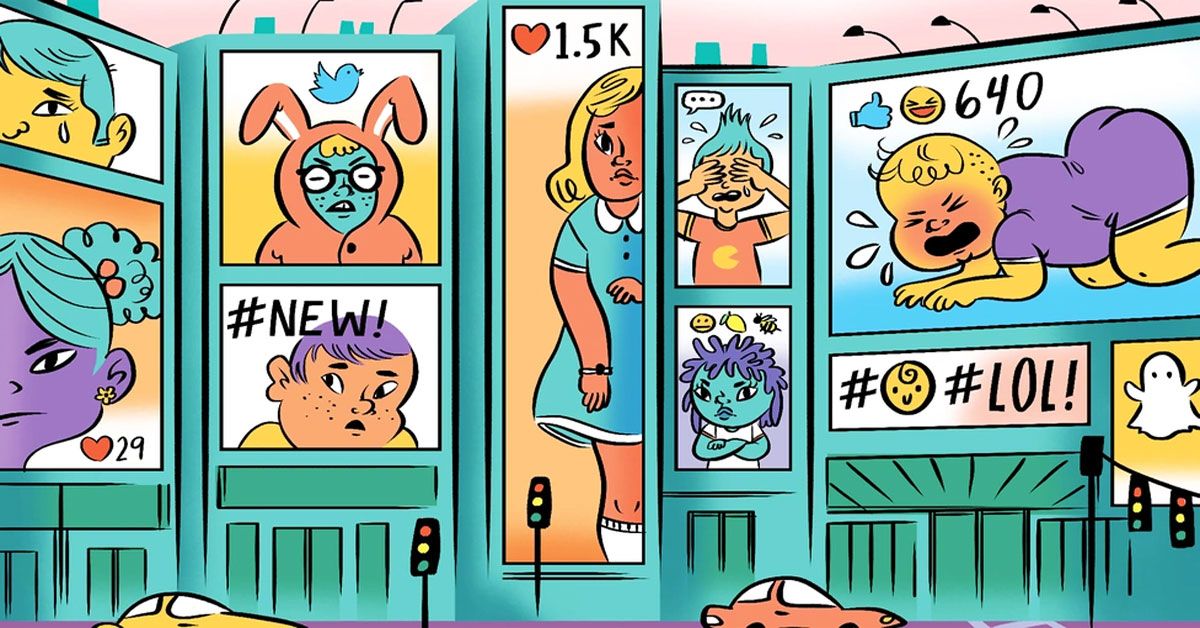
Researchers are currently conducting long-term studies to understand the effects of digital media, including specific apps like TikTok, on children's brain development. The focus lies in comprehending the impact of fast-paced, rewarding content and how it may affect the brain's processing abilities. Furthermore, the speed and stimulation of digital media clash with the realities of the analog world and parental expectations, creating unprecedented challenges for attention in today's attention economy.
TikTok's Impact and Future
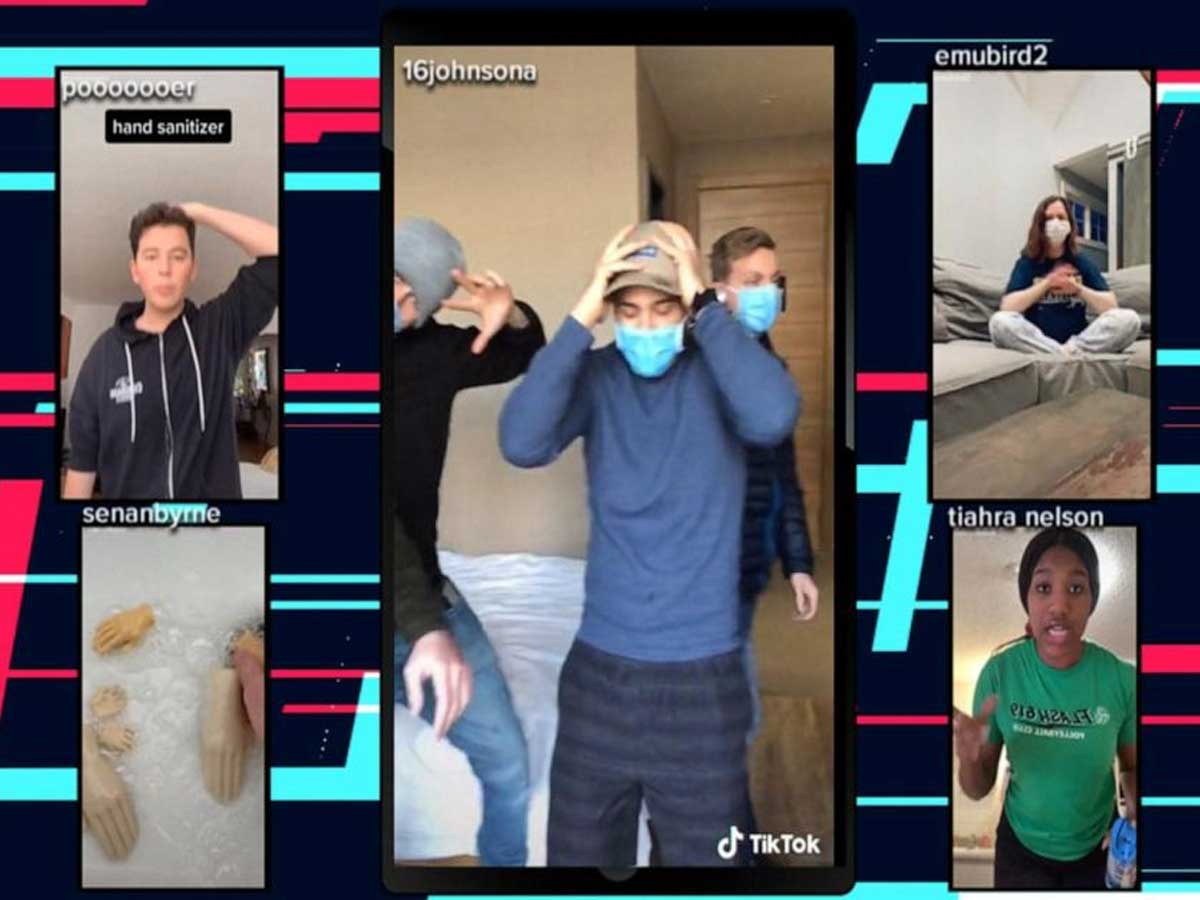
TikTok has undeniably made a significant impact in the realm of social media, capturing the attention of users worldwide with its short-form videos and captivating content. The potential for TikTok to become a significant artifact of the social media era is evident, as it strikes a balance between commercial tweaks and the compelling nature of its For You Page (FYP). The app's global reach and impressive user statistics solidify its position as a force to be reckoned with in the digital landscape.
During the COVID-19 pandemic, TikTok experienced a surge in popularity as people sought entertainment and connection while being quarantined at home. It quickly became a go-to source of entertainment, offering an escape from the challenges of everyday life. Users embraced the platform, creating and consuming content in record numbers, leading to a remarkable 180% increase in users aged 15-25. This growth highlighted TikTok's role as a cultural phenomenon and showcased its ability to adapt to changing user needs.
Not only has TikTok gained immense popularity, but it has also become a financial powerhouse. The app's valuation by investors stands at an impressive $50 billion, demonstrating its tremendous success and potential for revenue generation through advertising and other monetization strategies. Some experts even estimate its value to reach $75 billion in 2022, further solidifying its position as a valuable player in the social media landscape.
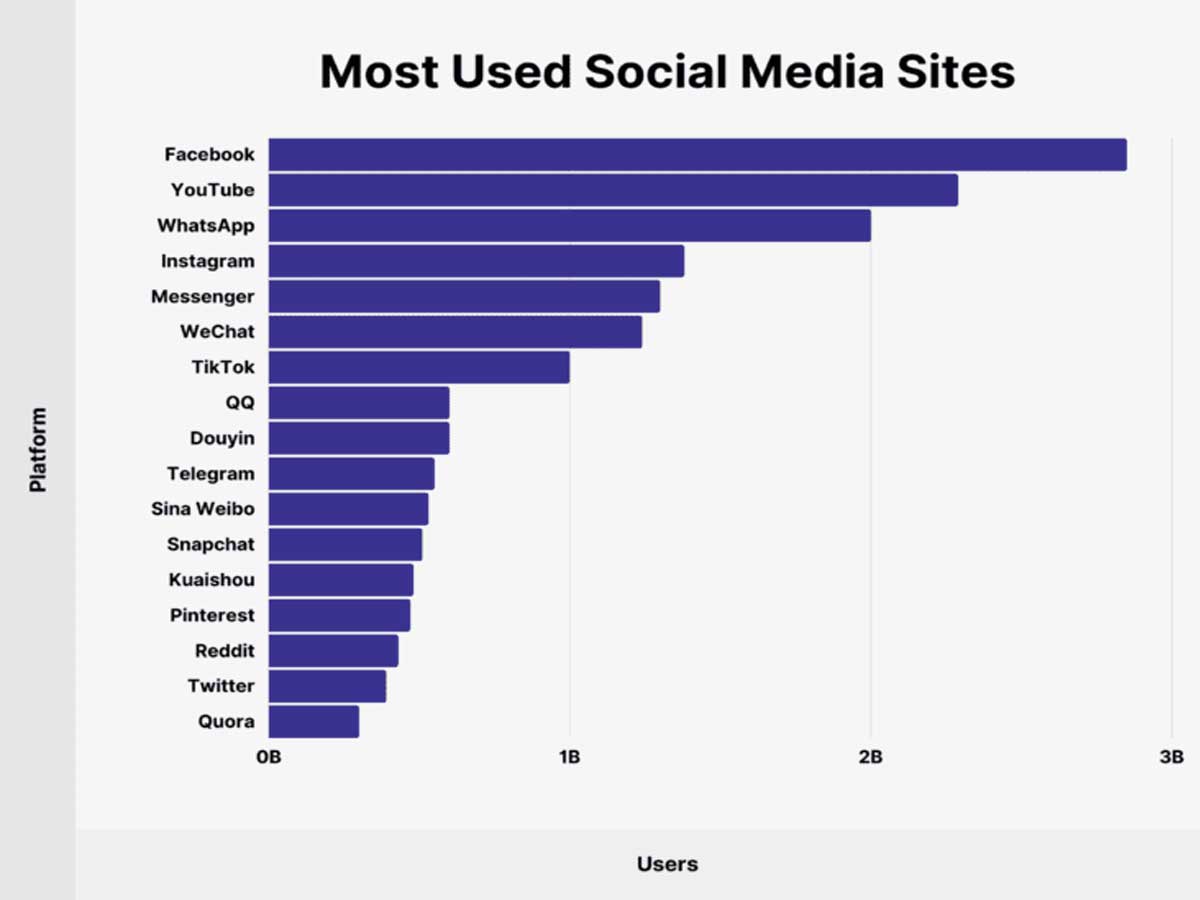
The user base of TikTok is expanding rapidly, reaching significant milestones. In 2021, TikTok celebrated the achievement of 1 billion active users, cementing its position as one of the most popular social media platforms worldwide. In terms of daily active users, the iOS version of TikTok boasts 30.8 million users, surpassing the Android version's performance with 14.43 million daily active users.
The addictive nature of TikTok is evident, with users spending an average of 75 minutes per day on the app. Studies conducted on TikTok's Chinese version, Douyin, revealed that personalized videos shown by the app activate reward centers in the brain, particularly in frequent viewers. This suggests a potential difficulty in controlling video-watching behavior, especially for individuals with lower self-control.
While TikTok's success and influence continue to grow, it faces challenges and scrutiny. Privacy concerns, security issues, and regulatory scrutiny have prompted the platform to implement stricter content moderation policies and increase transparency about its data practices. The Wall Street Journal investigation shed light on the algorithm's reliance on user viewing time to determine preferences and serve similar content, but TikTok is actively working on diversifying video recommendations.
Sources: theverge.com / backlinko.com / insiderintelligence.com / thesocialshepherd.com / newsroom.tiktok.com / theguardian.com / nytimes.com / bloomberg.com / wsj.com / cdc.gov / sciencedirect.com / nypost.com













